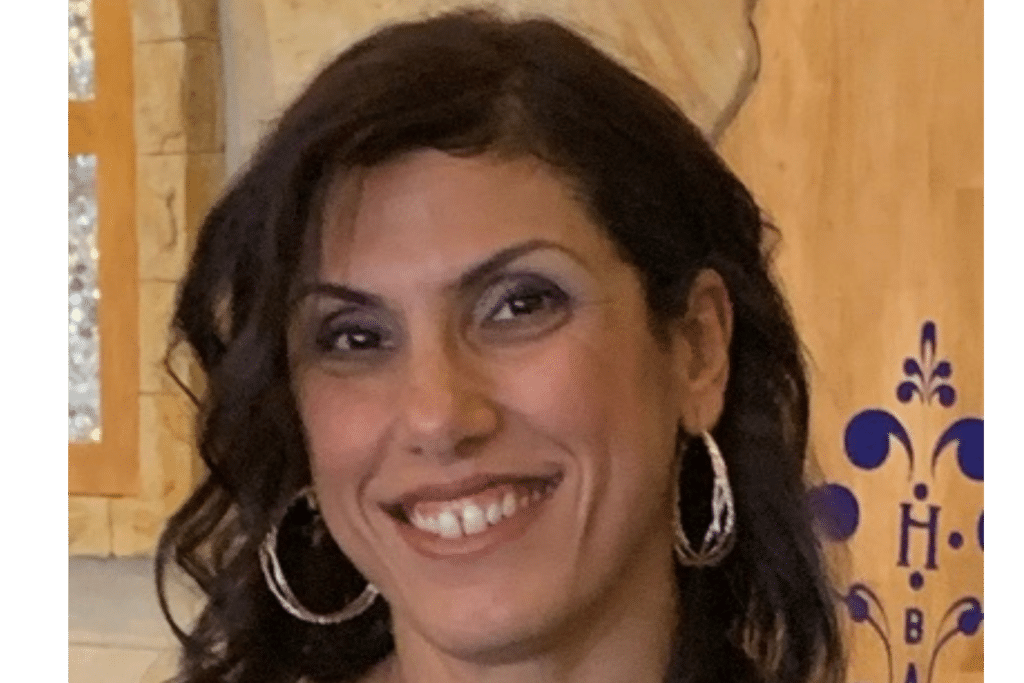Kamala Harris being attacked for her laugh and not her credentials to be leader of the free world, is redolent of the ‘nonsense’ Julia Gillard faced as Prime Minster of Australia.
This week the ‘nonsense’ escalated into some of the vilest rhetoric directed at a woman in a leadership position. For me, as a CARM (Culturally and Racially Marginalised) woman, it hit very close to home.
Conservatives in America are calling Kamala Harris a DEI (Diversity, Equity and Inclusion) hire. Republican Tim Burchett, got the ball rolling referring to Harris as a “DEI vice president” on social media, telling CNN, “When you go down that route, you take mediocrity, and that’s what they have right now.”
Sebastian Gorka, a host on the conservative network Newsmax, said Harris was going to be the Democrat nominee “because she’s female and her skin colour is the correct DEI colour.” He also said she “cackles like an insane woman.”
Australia joined in the racially charged commentary describing DEI as a destructive force seeping into every aspect of society. Australian right-wing commentators such as Rita Panahi on Sky News Australia, described DEI as “anti-white, a cancer that has spread and a form of institutional racism”.
“DEI hire” appears to be the new sexy word right wing conservatives are adopting to replace “woke”. They are insinuating that if you are a successful woman who is culturally diverse woman, a person of colour, disabled, LGBTQIA+ or a migrant, achievement is not based on merit. A ‘DEI hire’ is deemed to fulfil a quota. Mind you Kamala Harris is Vice President, won two terms as a District Attorney in California and was elected three times statewide as Attorney-General.
Globally, we must continue to promote and support equality as a core human value – a non-negotiable in our society. However, we can only truly advance gender equality if we understand intersectionality and how individuals experience gender equality differently depending on the intersecting barriers they face.
In Victoria, the Commission into Gender Equality in the Public Sector (CGEPS) released an Intersectionality at Work report that identified culturally and racially marginalised (CARM) women face distinct experiences of gender inequality. These experiences include increased incidents of racist attitudes and behaviours, a higher prevalence of sexual harassment and barriers to employment. Despite progress, CARM groups continue to have unequal access to institutional power and leadership positions.
This is also the case in Australian workplaces. According to the Workplace Gender Equality Agency (WGEA), CARM women have a lower rate of workforce participation and face a number of barriers to career progression and development opportunities.
Gender inequality is not a women’s problem – it is a whole of society problem. This means it needs to be addressed in all systemic structures and at all levels of government.
Affirmative Action has progressed gender equality in profound ways. Adopting quotas has seen a greater number of women than men around the Cabinet table in the Victorian Labor party as well as in Federal Labor. In Victoria, across all government boards 53 per cent of Directors are women, but global studies show that Affirmative Action has disproportionally benefited white women.
Human Resource practices, policies and practitioners have been unable to embrace the concept of intersectionality and how it applies in an everyday organisational context. For example, a question worth asking – in Victoria the government has 53 per cent of women on all government boards but how many of these women are CARM women?
We have essentially gone from ‘pale, male and stale’ to ‘pale, male, stale and Gayle’. Can we truly say we have achieved gender equality if these positions are not representative of Victorian society?
As a CARM woman, getting a seat at the table, any table, has been and continues to be difficult.
DEI policies and initiatives creates a space for an intersectional lens to be placed on all we do in workplaces, in our communities. It creates a safe space for our voices to be heard.
It has taken me 48 years to embrace my diversity and truly understand how powerful it is to create change. I do not want my daughter to wait a lifetime to embrace her own diversity. If we can create diverse and equitable spaces for her and young girls like her now, then imagine what she could achieve in her lifetime.
Therefore, if DEI gives me a seat at the table to make change, l am all here for it.
If DEI gives us the first female President of the free world, who is also a woman of colour, then bring it on.
We want the girls of today to be empowered to be the women of tomorrow no matter who they are or what they look like.



